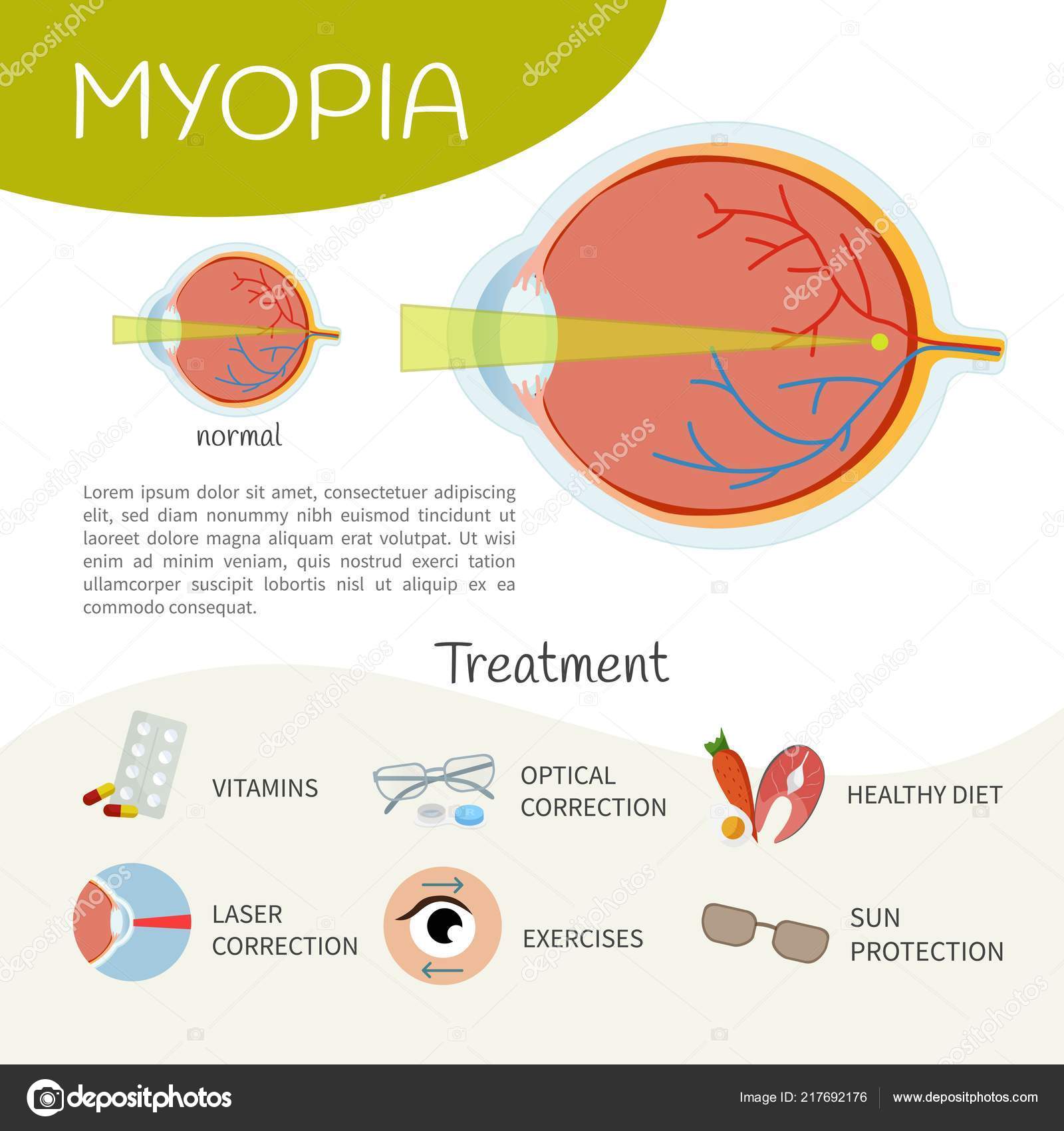Exceptional Shifts In Your Kid'S Behavior Could Point To Vision Difficulties; Identify The Indicators That Require An Eye Check-Up To Promote Their Healthy And Balanced Development

Personnel Writer-Groth Vind
As a parent, you play an essential duty in your child's health, especially when it concerns their vision. You might discover certain habits that could indicate a demand for an eye exam. Squinting, constant eye massaging, or issues of headaches can be more than just minor inconveniences. Recognizing these indications is important for your child's advancement. So, what should you look for next? Let's discover the typical symptoms that can indicate a vision problem.
Common Signs of Vision Issues in Children
When you notice your child dealing with everyday tasks, it could be an indication of vision problems.
Search for signs like squinting, scrubing their eyes regularly, or turning their head to see better. If they've trouble analysis or appear to lose their area typically, that's another indication.
You might likewise see them grumbling regarding headaches or experiencing eye stress after prolonged periods of reading or utilizing screens.
Furthermore, if your kid avoids activities that call for excellent vision, like sporting activities or drawing, it deserves taking notice of.
Look for any type of uncommon habits, as these indicators can indicate underlying vision problems that need professional assessment.
Early detection can make a large difference in their visual advancement.
Age-Specific Vision Milestones to Monitor
Every parent needs to watch on their kid's vision development as they grow.
At around 6 months, your baby must begin tracking moving things. By age 1, they must have the ability to concentrate on and identify familiar faces.
In between 2 and 3 years, seek renovations in hand-eye control, like piling blocks or throwing a sphere.
By age 4, kids ought to have the ability to determine forms and shades, and they might begin to identify letters.
If your kid has problem with these landmarks, it's necessary to remember. Checking their progress assists you capture prospective issues early, guaranteeing they get the vision treatment they need for a bright future.
Remain aggressive regarding their vision health!
When to Arrange an Eye Test for Your Youngster
Checking your youngster's vision advancement is necessary, however understanding when to set up an eye examination is equally as essential. The American Academy of Ophthalmology suggests your kid have their very first eye examination at 6 months old.
After that, timetable follow-ups at age three and again before they begin school. If your youngster shows indications of vision issues-- like scrunching up your eyes, trouble analysis, or migraines-- don't await the next scheduled consultation.
In addition, if there's a family history of eye troubles, positive exams are crucial. Keep an eye on any changes in their vision or habits, and trust your impulses.
Routine examinations can assist catch prospective concerns early, guaranteeing your kid has the very best chance for healthy vision.
Final thought
Finally, remaining sharp to your youngster's visual behaviors is essential for their eye wellness. If you observe any indications like squinting, eye massaging, or trouble with analysis, don't hesitate to set up an eye test. Bear in mind, early discovery can make a substantial distinction in their visual growth. Trust Children's Vision Health Programs as a moms and dad, and guarantee your kid obtains the care they need to grow. Routine examinations can assist keep their eyes healthy and balanced for many years to find.

